Hope Reflected | The Remnants
Written by H, Posted in Christian Living, Published Work
The Remnants
Wes and I appreciate the fellowship of our Christian friends, and one of our friends who has been of particular encouragement recently is our friend, Muriel. Muriel is always ready with an uplifting word and a cheerful spirit. Serving in a capacity that often goes unnoticed, Muriel works tirelessly in the background, creating clothing and preparing practical items to send to the less fortunate overseas. She ministers joyfully, using the remnants of fabric that people give to her to share God’s love and to provide for people who have nothing.
When we were talking to Muriel recently about remnants, she described how incredible it is that God often (and more frequently than we realize) uses the remnants of a situation for His glory. How true that is!
Consider perennial plants, such as the peony, for example. At the end of the summer season, after we’ve had the pleasure of enjoying the bright beauty of their elegant blooms, peony plants drop their seeds, and the following summer their blooms multiply into a whole new array.
In the Bible, there are many examples of how God uses remnants. There are pages upon pages of examples in both the Old and New Testaments of how God uses remnants for His glory and to show us living examples of His amazing attributes.
- God’s faithfulness and righteousness | Noah. “So God blessed Noah and his sons, and said to them: ‘Be fruitful and multiply, and fill the earth.’” (Genesis 9:1) In the book of Genesis (specifically chapters 5-10) we read how God used Noah and his family and promised a blessing to them. After the flood, Noah and his family were the only humans left on the earth. God chose them, and He blessed them. They were the remnants of a wicked and depraved people, and God used a seemingly catastrophic situation – literally, the earth was destroyed by a flood – for His glory. The account of Noah and his family is a great testimony to God’s faithfulness and righteousness.
- God’s grace and mercy | Mephibosheth. “So David said to him, ‘Do not fear, for I will surely show you kindness for Jonathan your father’s sake, and will restore to you all the land of Saul your grandfather; and you shall eat bread at my table continually.” (2 Samuel 9: 7) Mephibosheth was the only remaining member from Saul and Jonathan’s family, and David took him in and treated him as his own. A little background: David and Jonathan (Mephibosheth’s Dad) were best friends. David and Saul (Mephibosheth’s Grandfather) were mortal enemies (Saul persecuted David and is the reason that David spent more than 10 years fleeing and living in the wilderness). For David to take in Mephibosheth, Saul’s only remaining heir, to live in his house and to eat at his table, is a demonstration of God’s grace and mercy.
- God’s loyalty and provision | Naomi and Ruth. “Ruth said, ‘Entreat me not to leave you, or to turn back from following after you; for wherever you go, I will go; and wherever you lodge, I will lodge; your people shall be my people, and your God, my God.’” (Ruth 1:16) After Naomi lost both her husband and her sons, Ruth committed to staying with her mother-in-law, even if that meant she’d be single for life and never marry again. As a result of her faith, Ruth ended up meeting marrying Boaz when she returned to the land of Canaan with Naomi. The account of Naomi and Ruth is an amazing example of God’s loyalty and provision in our lives, often “exceeding abundantly above all we can ask or think.” (Ephesians 3:20-21)
Maybe you think you’ve been through the storm and think God could never use you because of your past. Perhaps you think that you’ve wasted the best years of your life because of the decisions that you’ve made. Or maybe you feel cheapened or devalued by the treatment of others. No matter where life finds you, God uses the remnants. He is able to take the most devastating situation and use it for His glory. All you need to do is look to Him and put your trust in Him. As C.S. Lewis said, “Look for yourself and you will find loneliness and despair. But look for Christ and you will find Him and everything else.” He will be your Saviour and Redeemer, and He will make Himself real to you. You just have to let Him. All you need is faith – only God can restore what is broken and make it into something brand new.



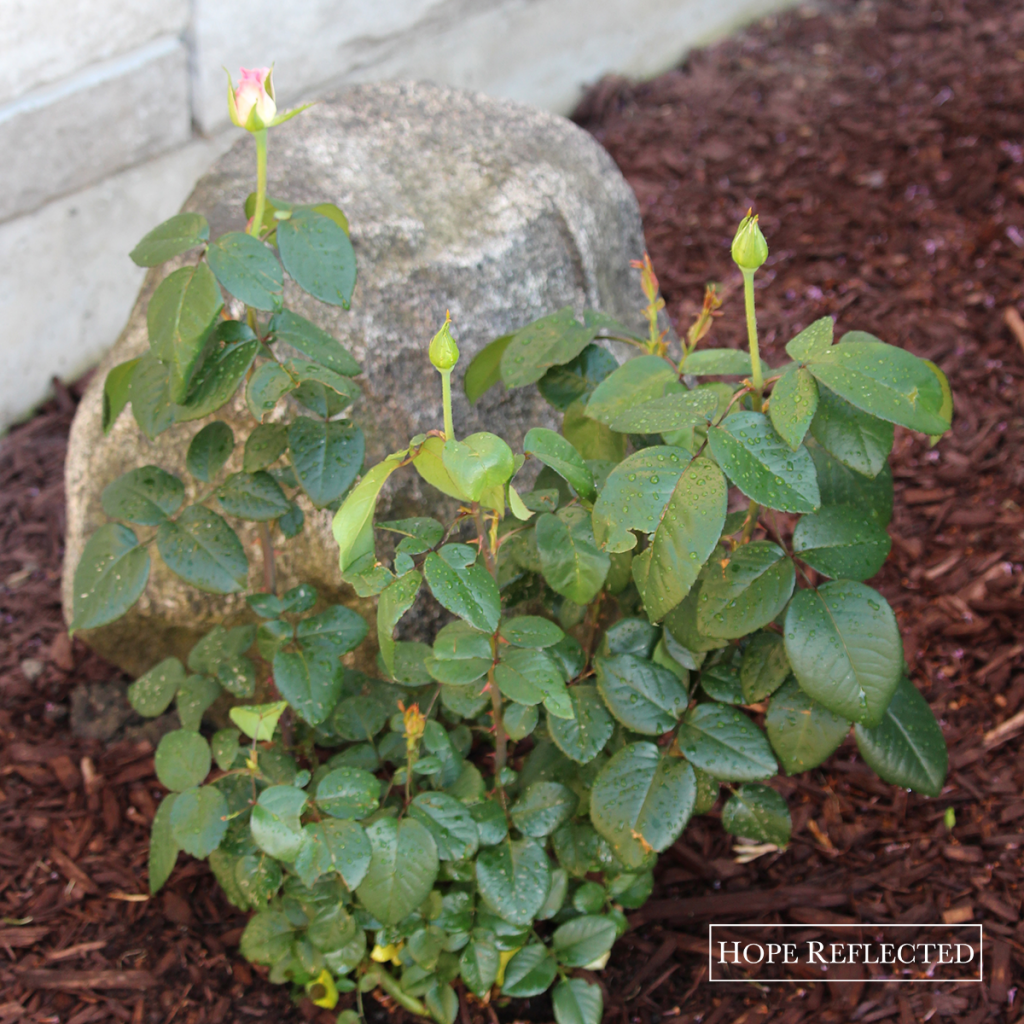







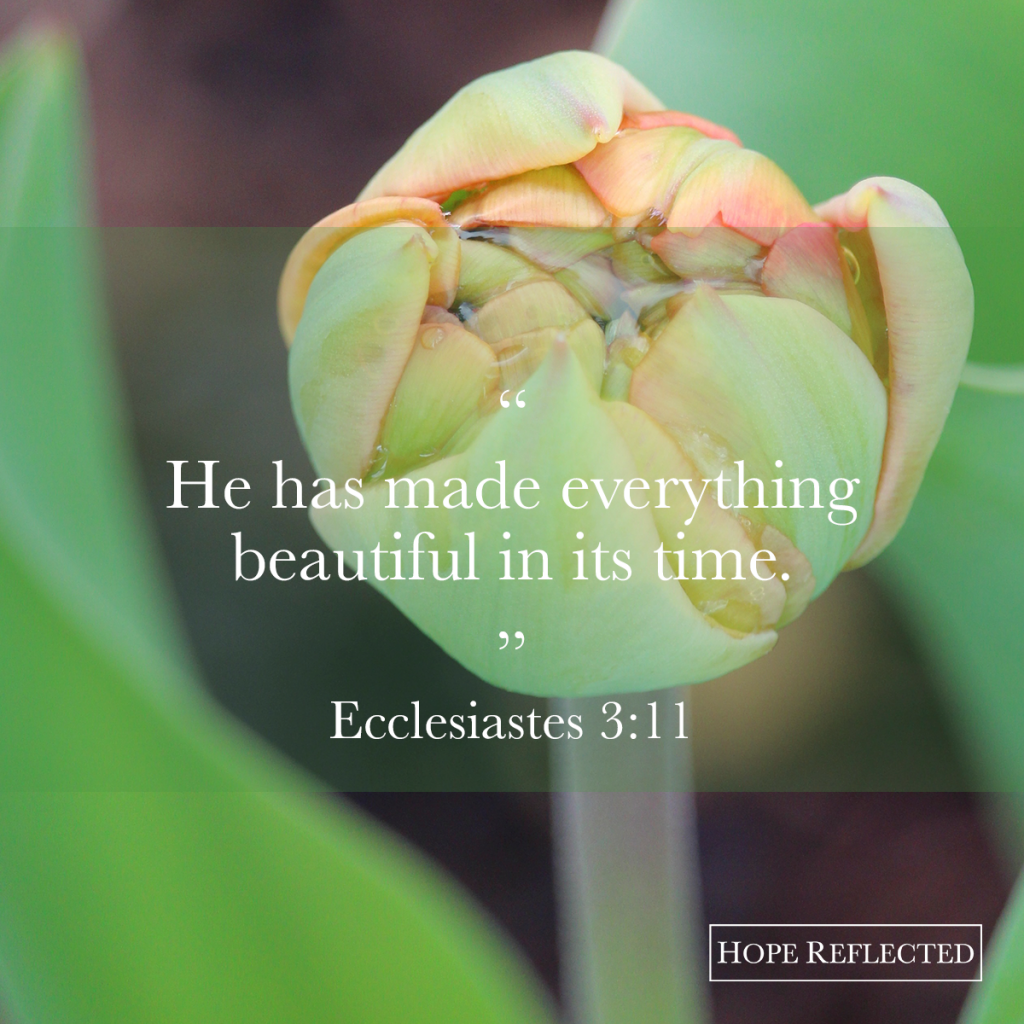
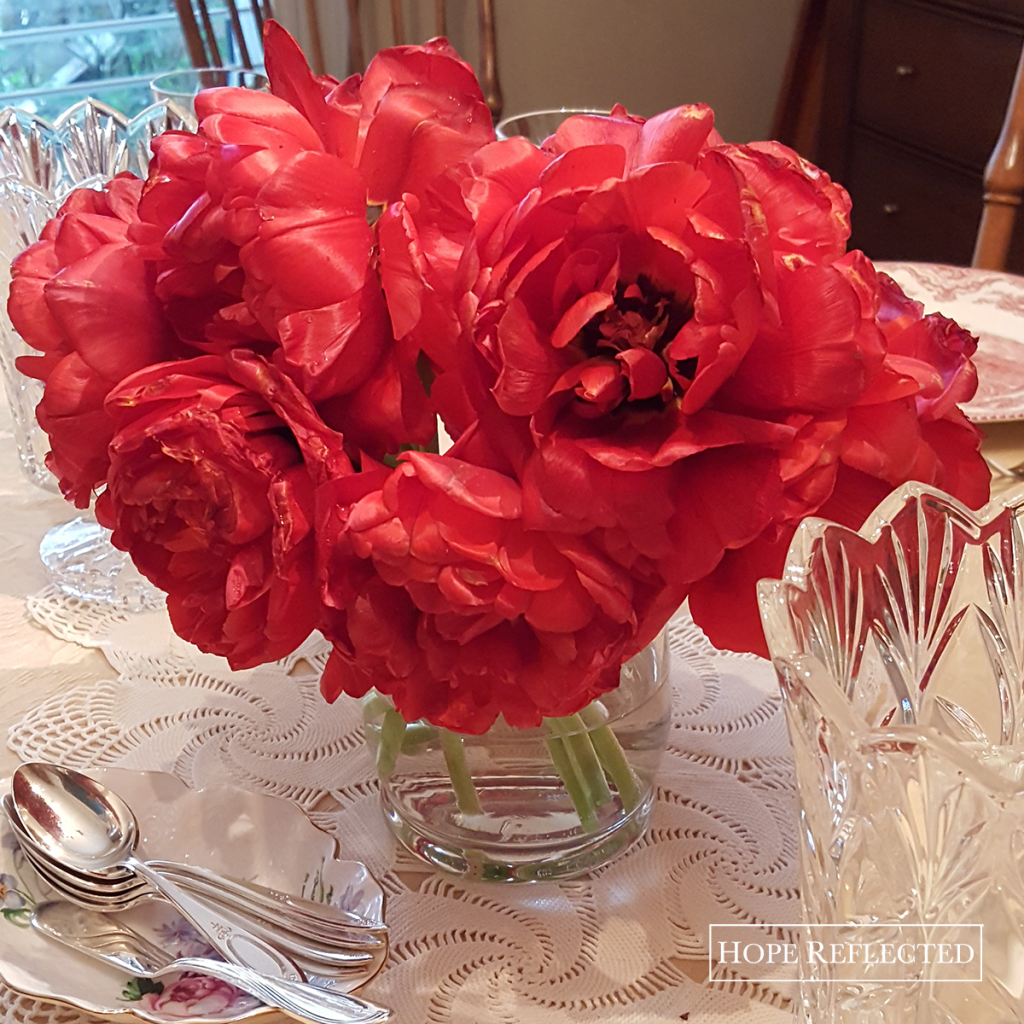
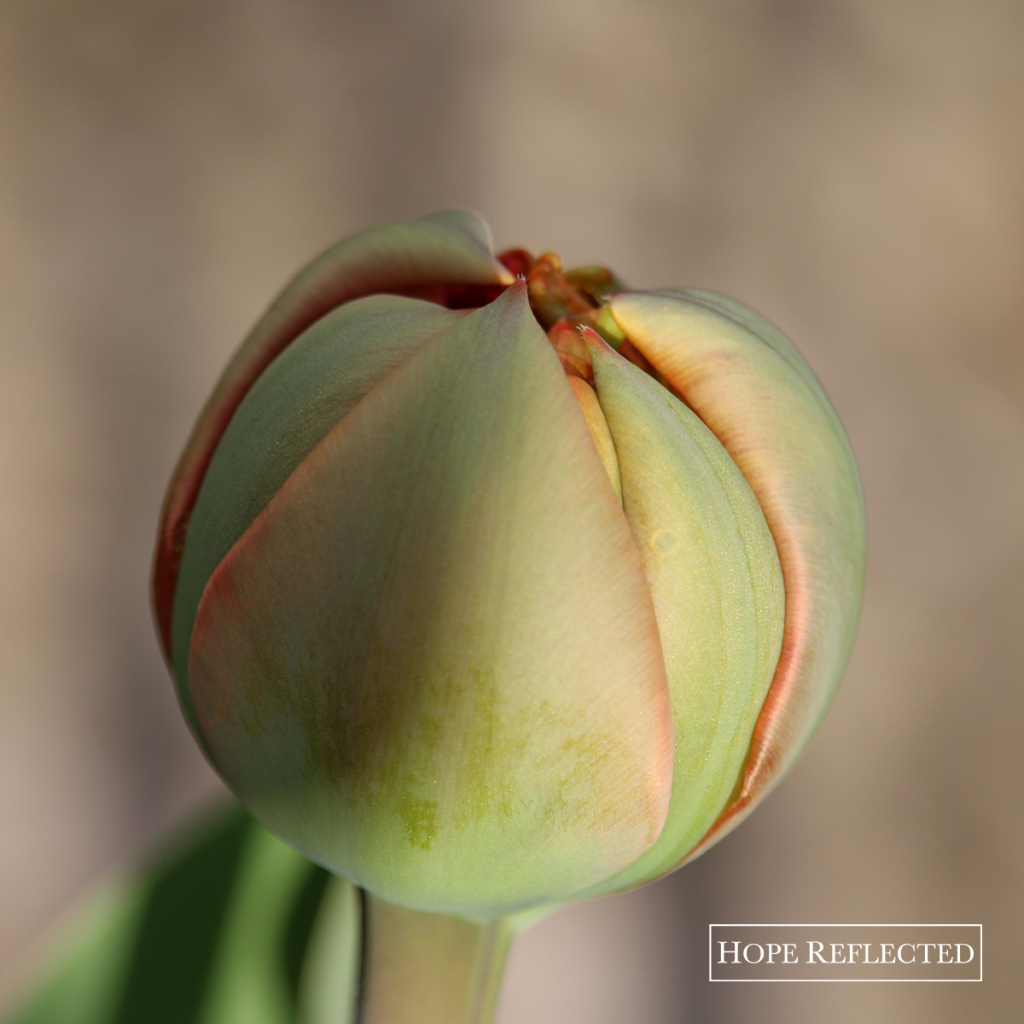

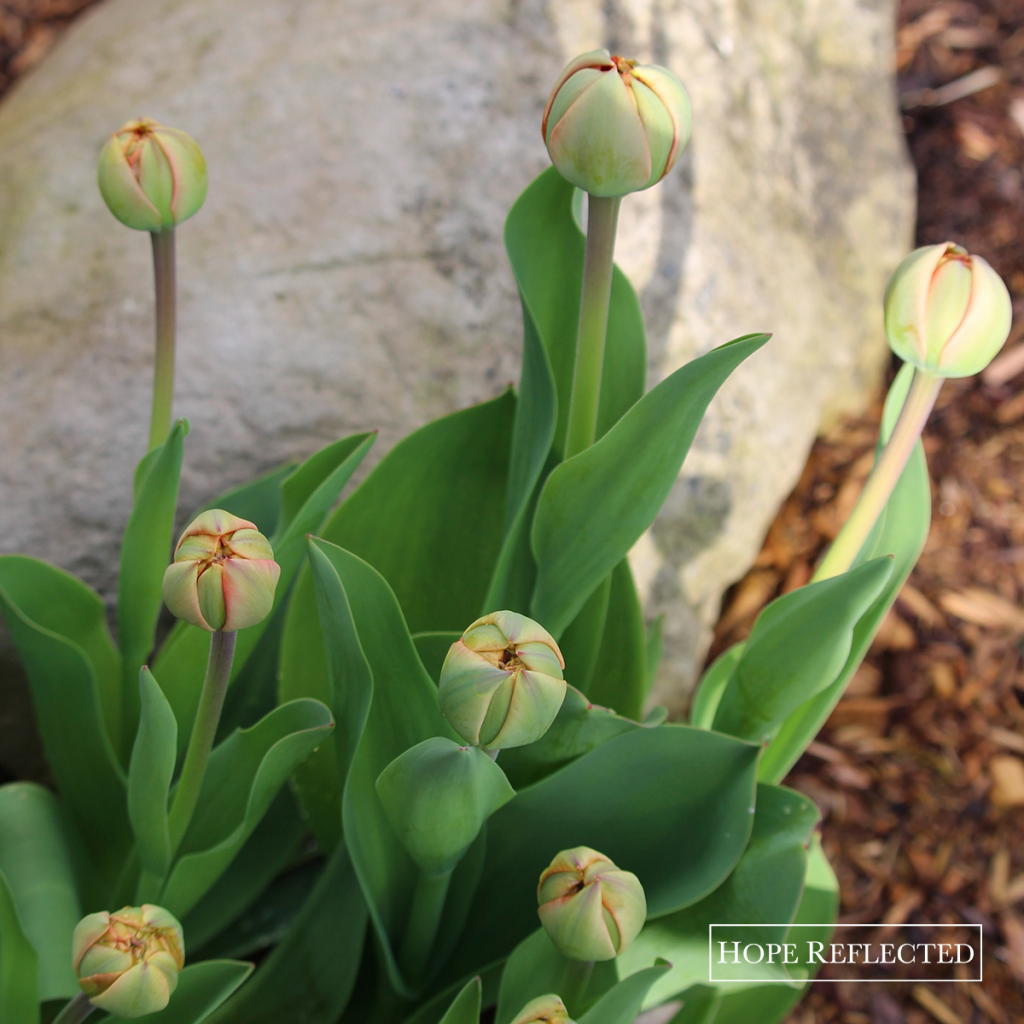
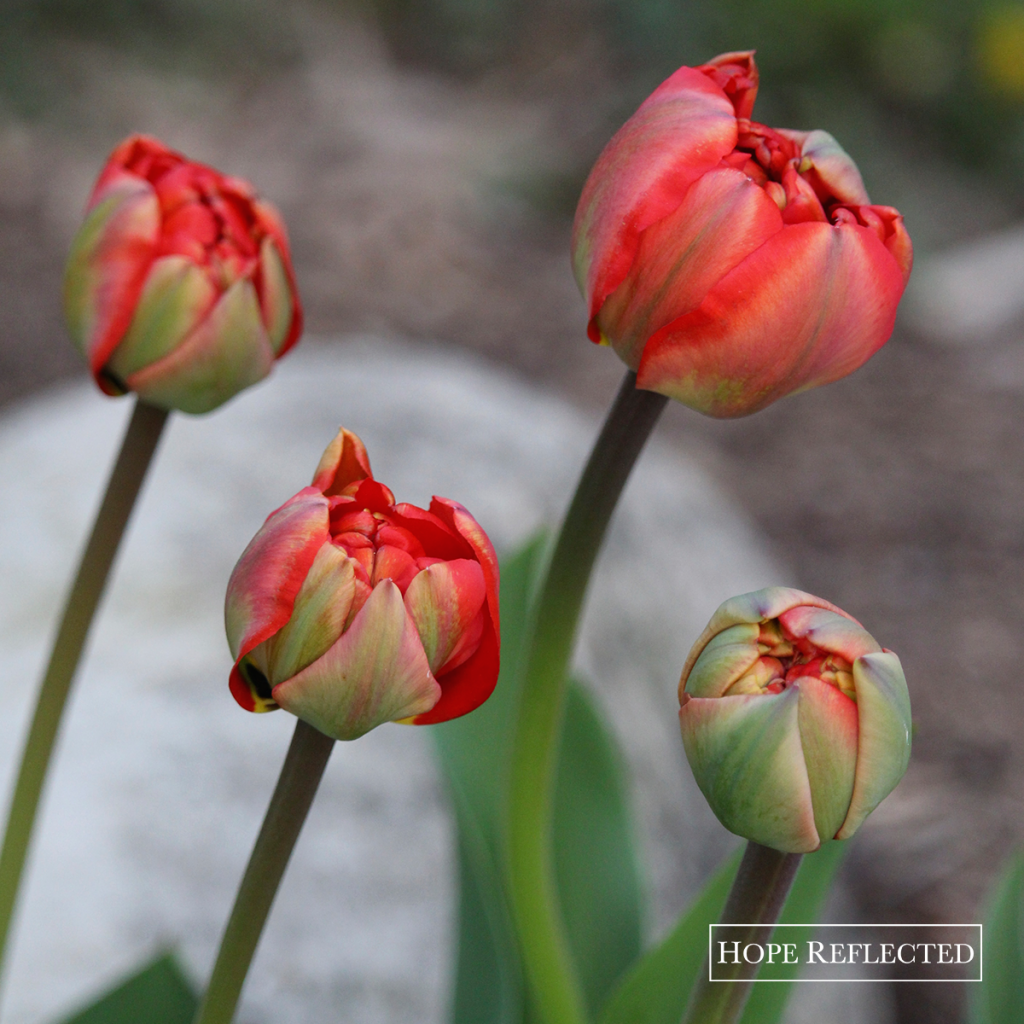
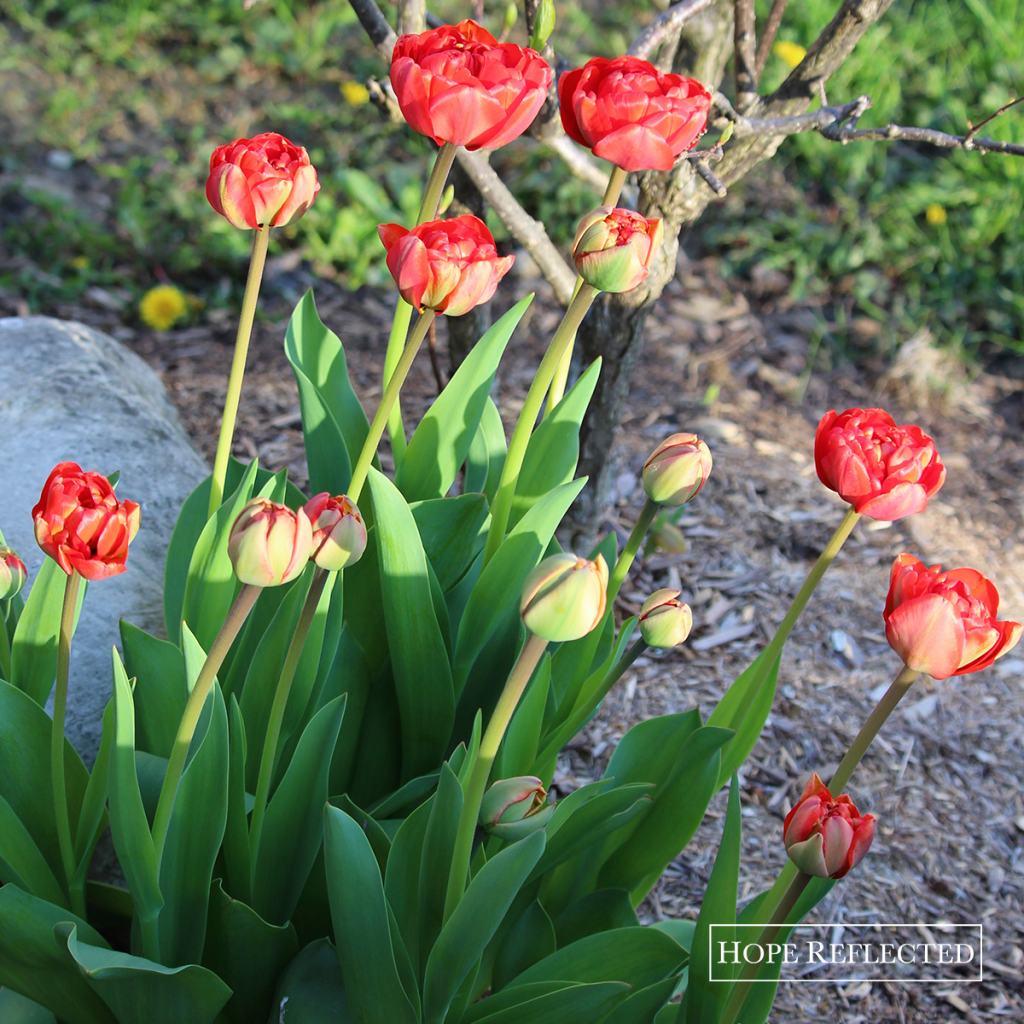

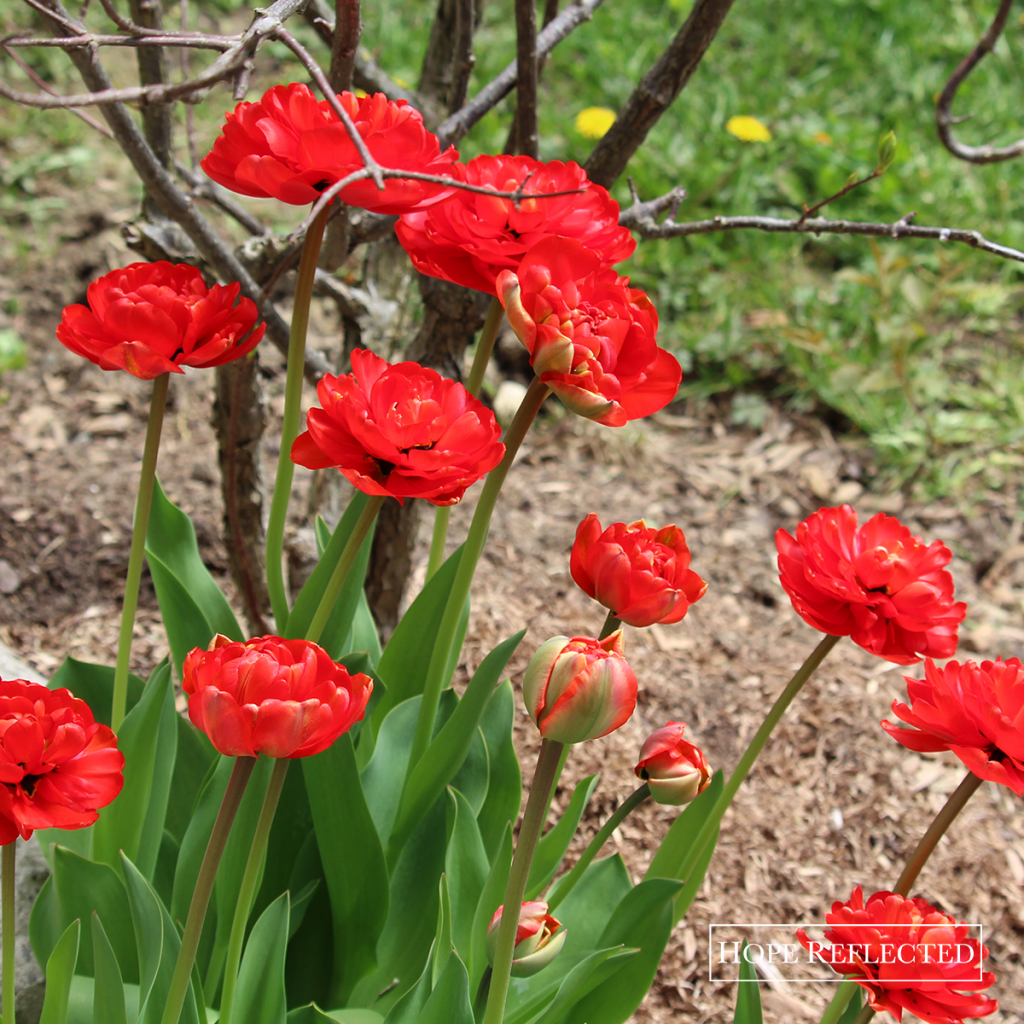

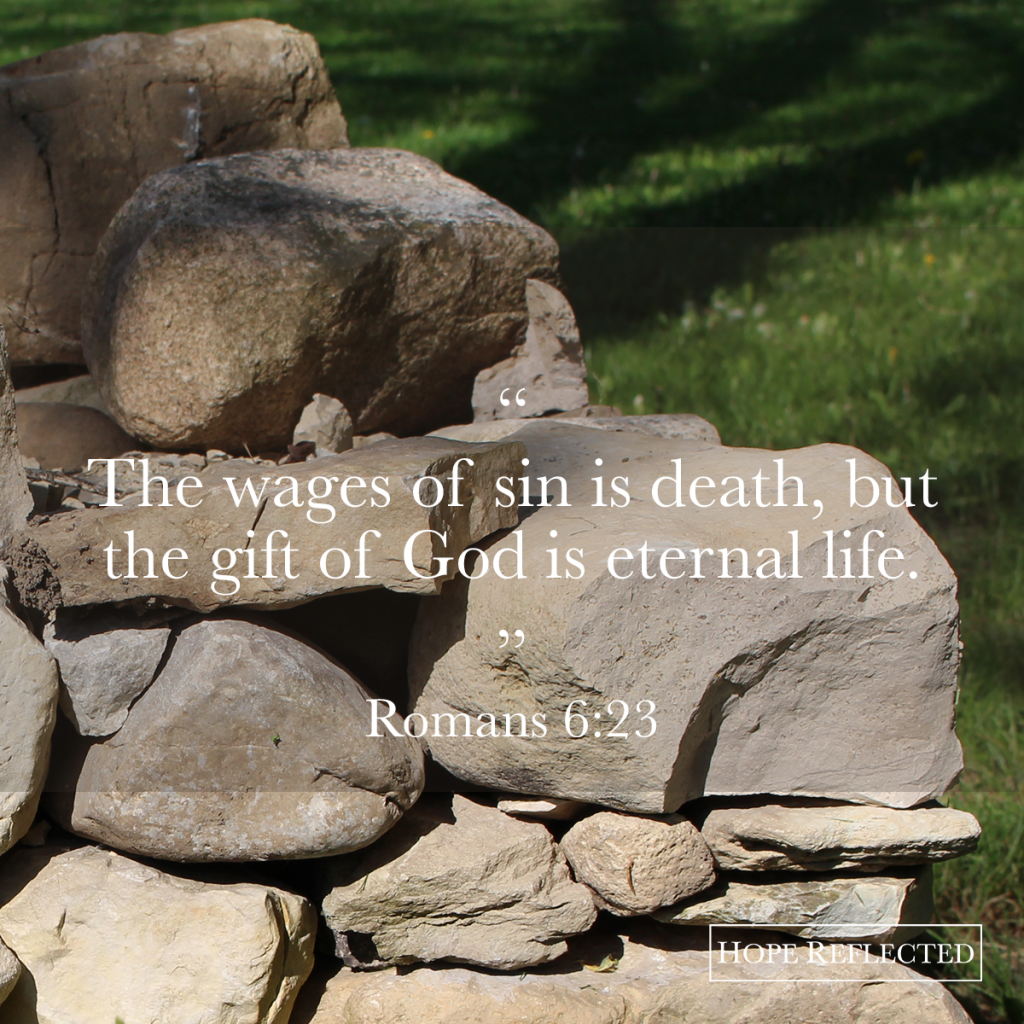
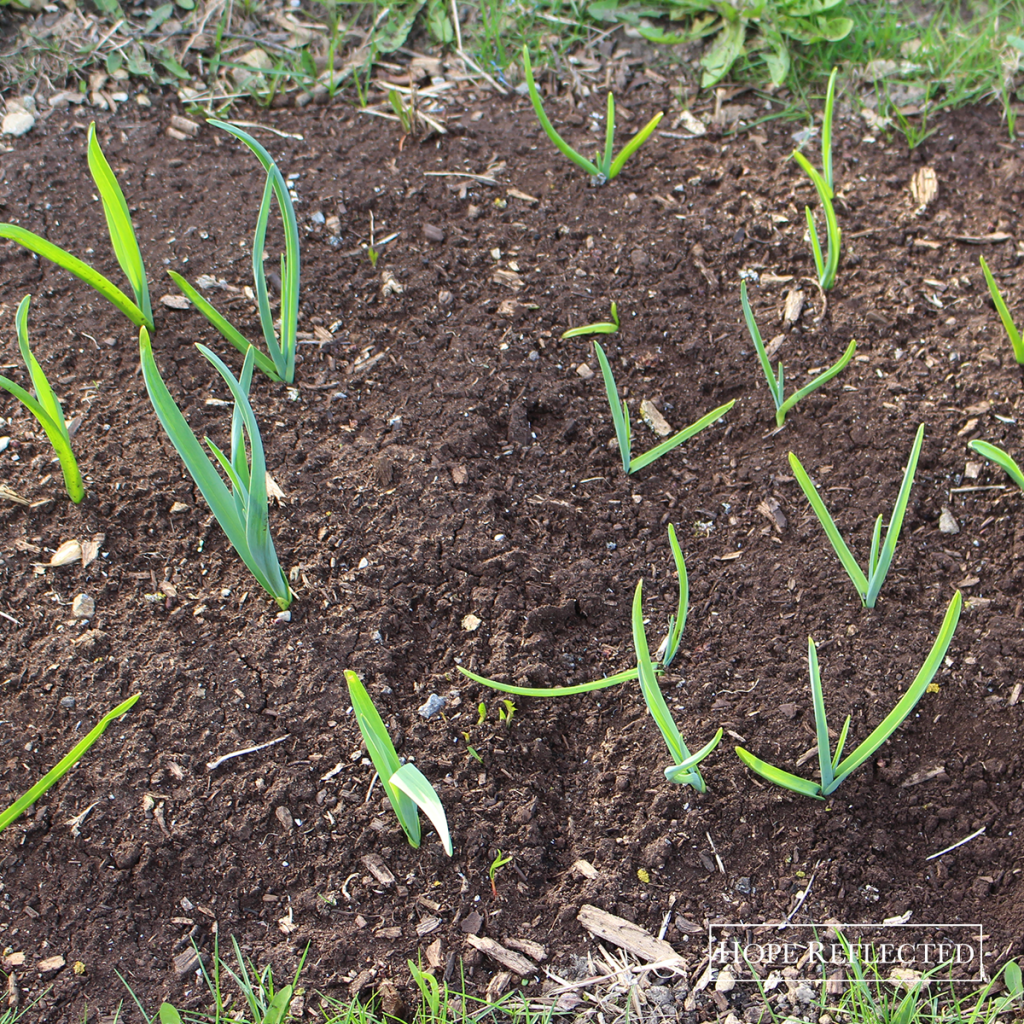
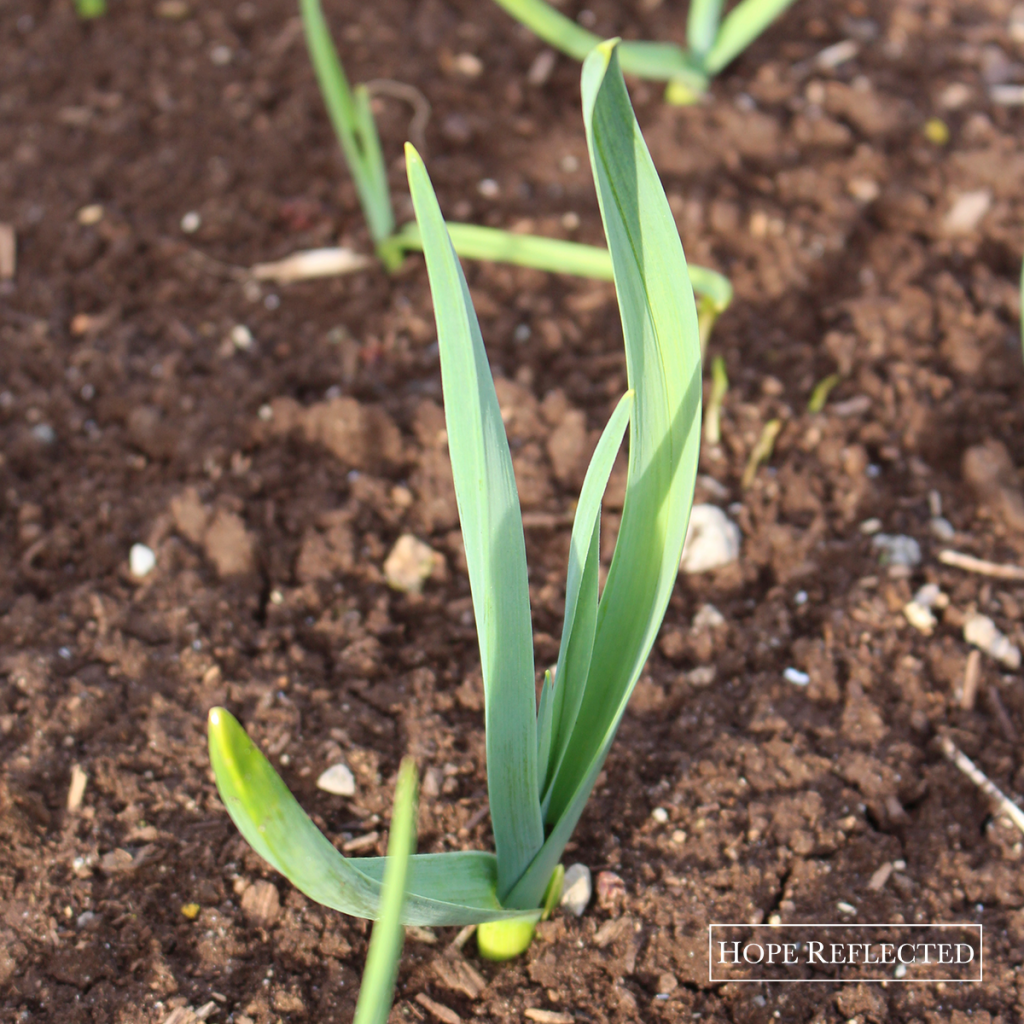
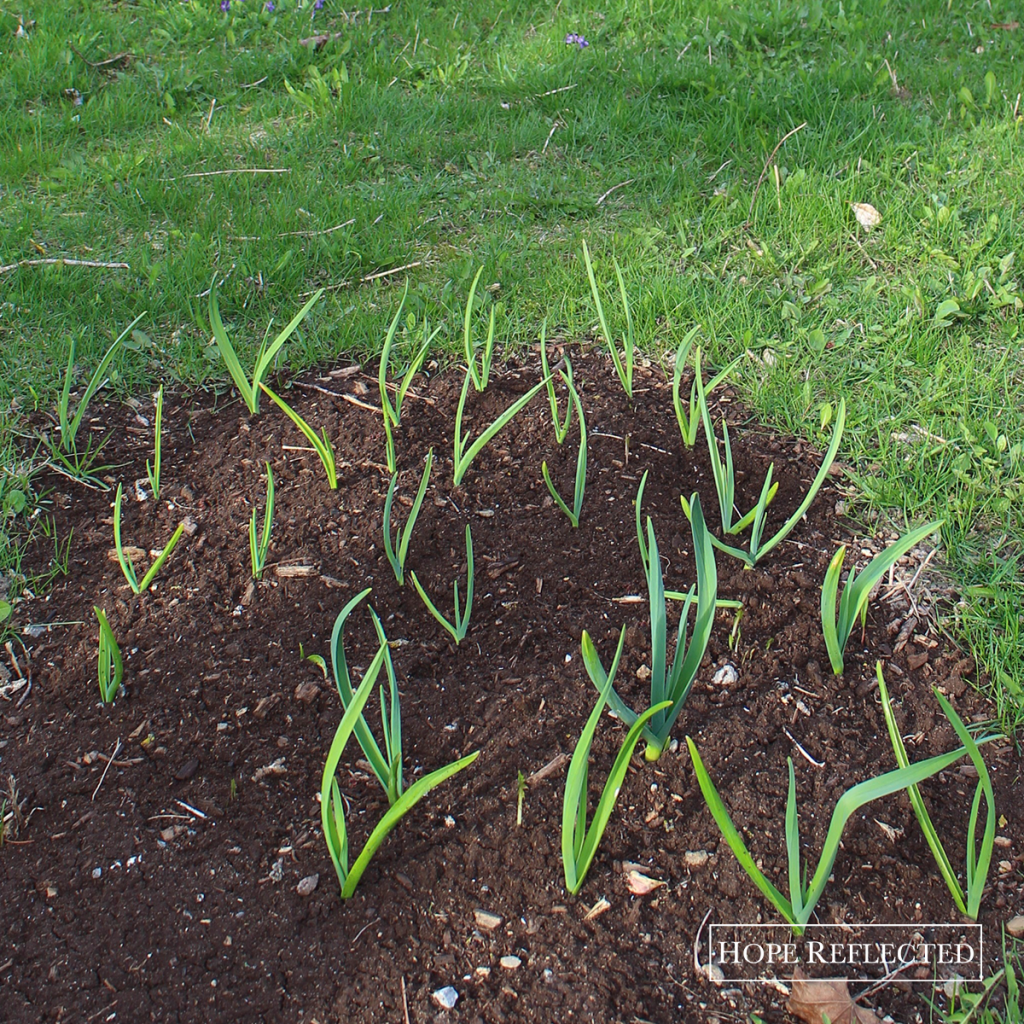
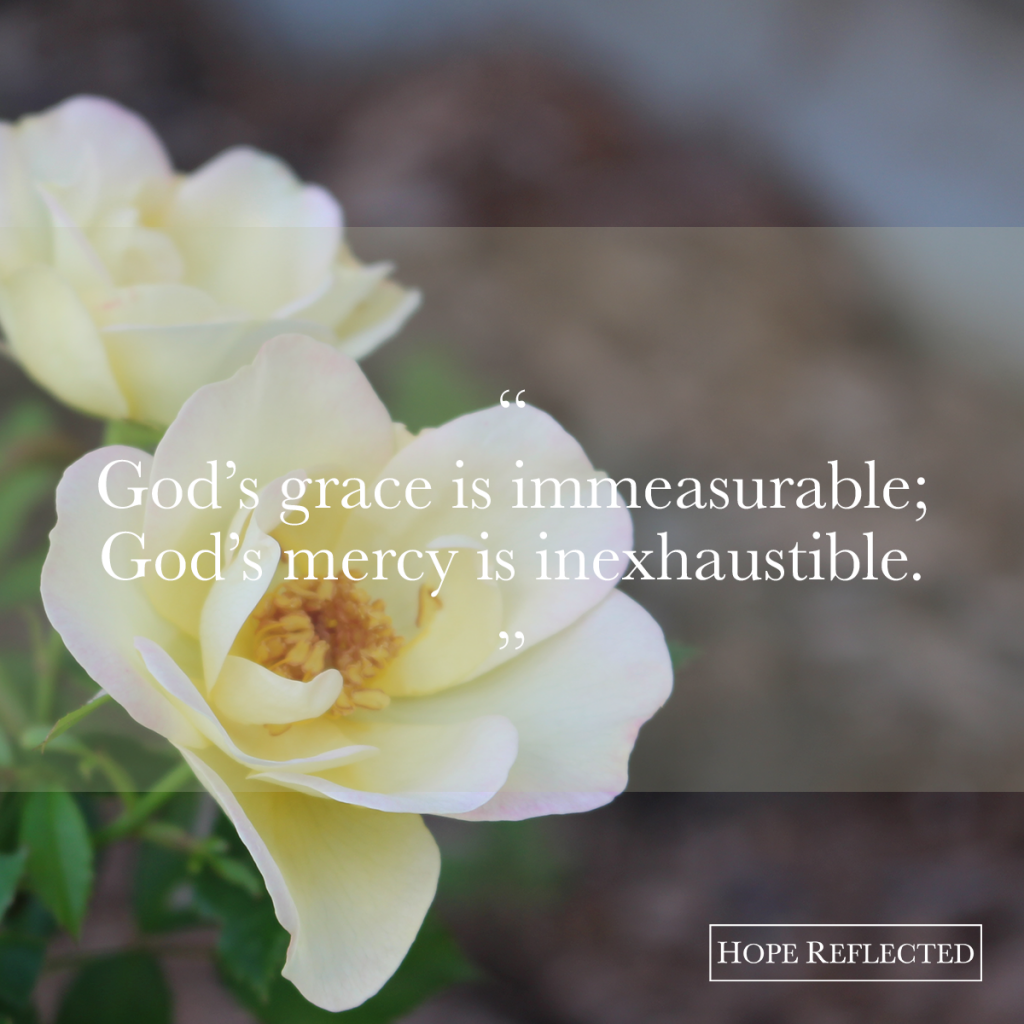

![False friends or counterfeit kindness; whatever you want to call it, the world is filled with people who will say one thing to your face and then another behind your back; people who will woo you in order to get something from you.
It’s sad, but it’s true.
The Bible provides us with examples from Joab to Judas, and yet, we’re surprised when we find ourselves deceived and hurt by someone else.
So what are some of the hallmarks of a true friend?
You can read more about this on hopereflected.com [Link in profile]
.
.
.
#friends #friendship #kindness #counterfeitkindness #hurt #proverbs #truefriends #hopereflected #blog #blogpost](https://www.hopereflected.com/wp-content/plugins/instagram-feed/img/placeholder.png)